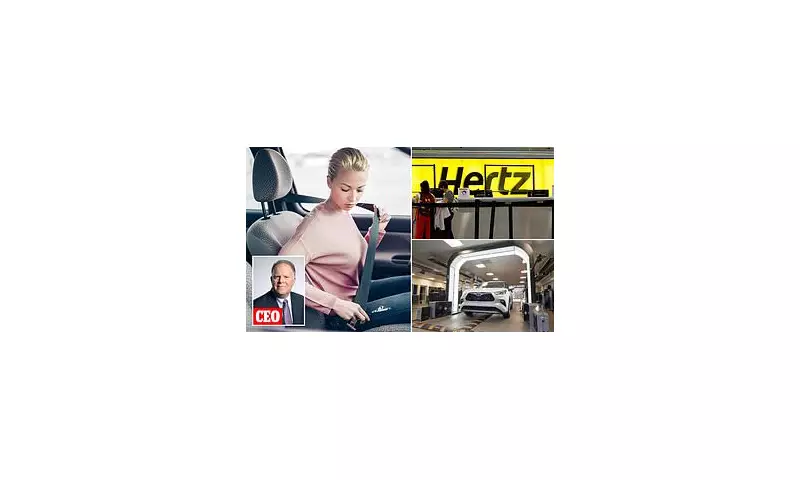
Hertz, the global car rental giant, is under fire after customers accused its controversial AI-powered damage scanners of unfairly overcharging them for minor vehicle imperfections.
The technology, designed to streamline the inspection process, has become a lightning rod for criticism as frustrated renters report being hit with hefty bills for what they describe as 'pre-existing' or 'normal wear and tear' issues.
How the scanner works
The automated system uses advanced imaging technology to create a 360-degree scan of each vehicle before and after rental. Artificial intelligence then compares the two scans to identify any new damage.
While Hertz claims this eliminates human error and provides objective assessments, many customers disagree:
- Mark T. was charged £420 for a 'scratch' he insists was already there
- Sarah K. received a £780 bill for 'dents' she never noticed
- The Johnson family disputed £1,200 in damage charges for their holiday rental
Wall Street weighs in
The controversy has reached Wall Street, with analysts questioning whether the technology is being used to boost profits at customers' expense. Hertz's stock has seen increased volatility since the reports surfaced.
Consumer rights advocates are calling for greater transparency in how damage assessments are calculated and more robust appeals processes for disputed charges.
What renters can do
If you're renting from Hertz or any other company using similar technology:
- Always take timestamped photos of the vehicle before driving off
- Request a manual inspection if you disagree with the scanner's findings
- Check your credit card for rental car damage protection
- File a complaint with the Financial Ombudsman if charges seem unreasonable
Hertz maintains that its damage detection system is accurate and fair, stating that it has helped reduce disputes overall. However, with growing customer dissatisfaction and Wall Street scrutiny, the rental giant may need to revisit how it implements this controversial technology.





